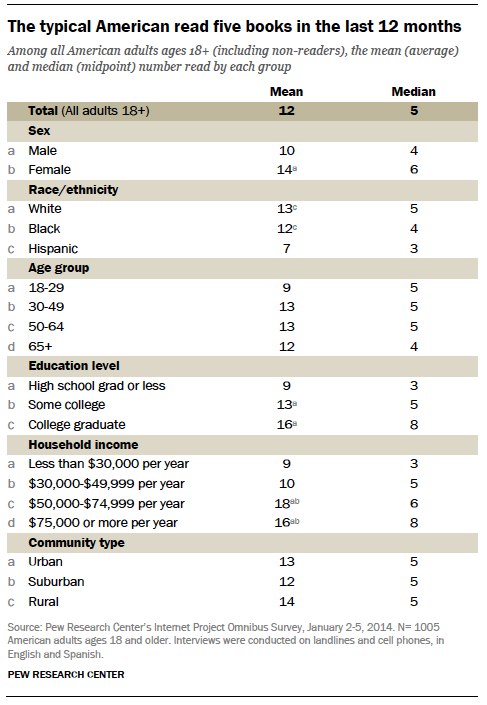The basic observation of literally any living thing for an extended period of time will reveal our propensity for positive material outcomes.
Yes, people are driven to discover, but they are driven to discover things that help them materially. Knowledge for knowledge sake is rarely that thing, unless it's explicit and focused on something relevant.
Who says it doesn't? The lack of interest in learning is an outcome of both inadequate educational institutions AND external pressures that stifle or subjugate the natural desire to learn. Lessen the external pressures and people will learn in the ways they deem pleasurable, which may not be visible from the perspective of an educational system that prioritizes occupational proficiency over all else.
You said that it doesn't. You admitted that people don't display an interest in learning, and also that they need education to bring it out. But at the same time you seem to argue that people have a natural disposition to learn for learning's sake.
So what's stopping people from going to the used bookstore and spending 10 dollars on Hume, rather than the latest Spiderman film?

